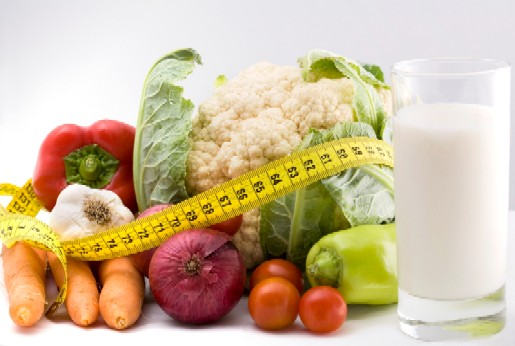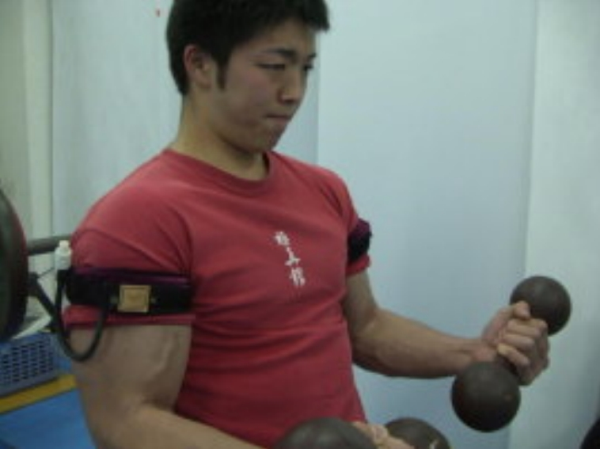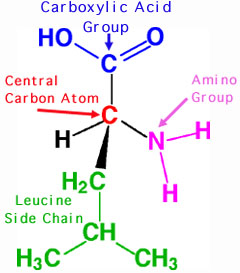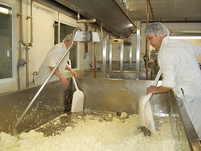Okay, it won’t turn you into Hercules; in fact, it makes you just a little bit stronger. Strong enough to flip a big honkin’ tire. Or strong enough to put your significant other in an arm bar and make him cry uncle! Ouch! Caffeine. How can you NOT love this stuff.
ABSTRACT: BACKGROUND: Research has indicated that low-to-moderate dosages of caffeine supplementation are ergogenic for sustained endurance efforts as well as high-intensity exercise. The effects of caffeine supplementation on strength-power performance are equivocal, with some studies indicating a benefit and others demonstrating no change in performance. The majority of research that has examined the effects of caffeine supplementation on strength-power performance has been carried out in both trained and untrained men. Therefore, the purpose of this study was to determine the acute effects of caffeine supplementation on strength and muscular endurance in resistance-trained women.
METHODS: In a randomized manner, 15 women consumed caffeine (6 mg/kg) or placebo (PL) seven days apart. Sixty min following supplementation, participants performed a one-repetition maximum (1RM) barbell bench press test and repetitions to failure at 60% of 1RM. Heart rate (HR) and blood pressure (BP) were assessed at rest, 60 minutes post-consumption, and immediately following completion of repetitions to failure. RESULTS: Repeated measures ANOVA indicated a significantly greater bench press maximum with caffeine (p </= 0.05) (52.9 +/- 11.1 kg vs. 52.1 +/- 11.7 kg) with no significant differences between conditions in 60% 1RM repetitions (p = 0.81). Systolic blood pressure was significantly greater post-exercise, with caffeine (p < 0.05) (116.8 +/- 5.3 mmHg vs. 112.9 +/- 4.9 mmHg). CONCLUSIONS: These findings indicate a moderate dose of caffeine may be sufficient for enhancing strength performance in resistance-trained women.
J Int Soc Sports Nutr. 2010 May 14;7:18.
Caffeine enhances upper body strength in resistance-trained women.
Goldstein E, Jacobs PL, Whitehurst M, Penhollow T, Antonio J.
Department of Exercise Science and Health Promotion, Florida Atlantic University, Boca Raton, FL 33431, USA. erg1500@yahoo.com.

 Abstract
Abstract Abstract
Abstract ABSTRACT - Different dietary proteins vary in their ability to influence satiety and reduce food intake. The present study compared the effects of four protein meals, whey, tuna, turkey and egg albumin, on postprandial glucose and insulin concentrations as well as on appetite measures and energy intake in twenty-two lean, healthy men. This was a randomised, cross-over design study where participants consumed four liquid test meals on separate occasions followed by the collection of regular blood samples (fasting, +30, 60, 90, 120, 180 and 240 min). They were then offered a buffet meal 4 h later. The blood glucose response after the consumption of the test meal, as an incremental area under the curve (AUC), was significantly lower with the whey meal than with the turkey (P < 0.023) and egg (P < 0.001) meals, but it was not lower than with the tuna meal (P < 0.34). The AUC blood insulin after the consumption of the test meal was significantly higher with the whey meal than with the tuna, turkey and egg meals (all P < 0.001). The AUC rating of hunger was significantly lower with the whey meal than with the tuna (P < 0.033), turkey (P < 0.001) and egg (P < 0.001) meals. Mean energy intake at the ad libitum meal was significantly lower (P < 0.001) with the whey meal than with the tuna, egg and turkey meals. There was a strong relationship between self-rated appetite, postprandial insulin response and energy intake at lunch. Whey protein meal produced a greater insulin response, reduced appetite and decreased ad libitum energy intake at a subsequent meal compared with the other protein meals, indicating a potential for appetite suppression and weight loss in overweight or obese individuals.
ABSTRACT - Different dietary proteins vary in their ability to influence satiety and reduce food intake. The present study compared the effects of four protein meals, whey, tuna, turkey and egg albumin, on postprandial glucose and insulin concentrations as well as on appetite measures and energy intake in twenty-two lean, healthy men. This was a randomised, cross-over design study where participants consumed four liquid test meals on separate occasions followed by the collection of regular blood samples (fasting, +30, 60, 90, 120, 180 and 240 min). They were then offered a buffet meal 4 h later. The blood glucose response after the consumption of the test meal, as an incremental area under the curve (AUC), was significantly lower with the whey meal than with the turkey (P < 0.023) and egg (P < 0.001) meals, but it was not lower than with the tuna meal (P < 0.34). The AUC blood insulin after the consumption of the test meal was significantly higher with the whey meal than with the tuna, turkey and egg meals (all P < 0.001). The AUC rating of hunger was significantly lower with the whey meal than with the tuna (P < 0.033), turkey (P < 0.001) and egg (P < 0.001) meals. Mean energy intake at the ad libitum meal was significantly lower (P < 0.001) with the whey meal than with the tuna, egg and turkey meals. There was a strong relationship between self-rated appetite, postprandial insulin response and energy intake at lunch. Whey protein meal produced a greater insulin response, reduced appetite and decreased ad libitum energy intake at a subsequent meal compared with the other protein meals, indicating a potential for appetite suppression and weight loss in overweight or obese individuals.

 OBJECTIVE: To determine whether lutein supplementation will slow visual function decline in patients with retinitis pigmentosa receiving vitamin A. DESIGN: Randomized, controlled, double-masked trial of 225 nonsmoking patients, aged 18 to 60 years, evaluated over a 4-year interval. Patients received 12 mg of lutein or a control tablet daily. All were given 15,000 IU/d of vitamin A palmitate. Randomization took into account genetic type and baseline serum lutein level.
OBJECTIVE: To determine whether lutein supplementation will slow visual function decline in patients with retinitis pigmentosa receiving vitamin A. DESIGN: Randomized, controlled, double-masked trial of 225 nonsmoking patients, aged 18 to 60 years, evaluated over a 4-year interval. Patients received 12 mg of lutein or a control tablet daily. All were given 15,000 IU/d of vitamin A palmitate. Randomization took into account genetic type and baseline serum lutein level. 

